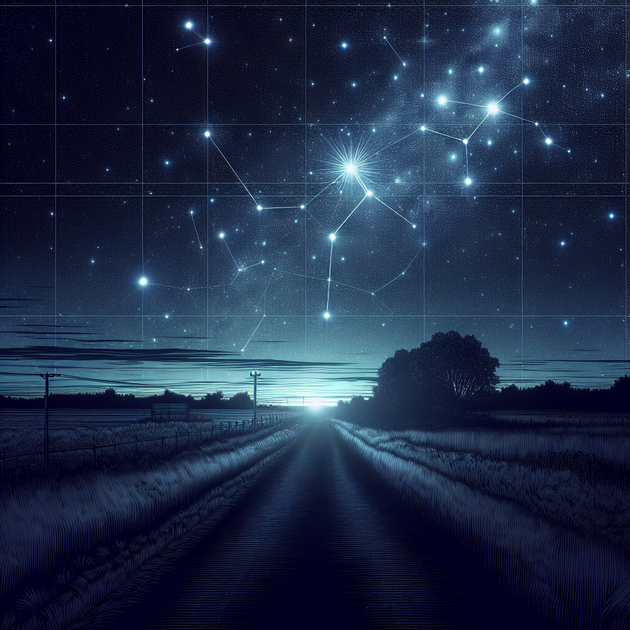Ever looked up at the night sky and wondered if anything truly dramatic is happening right now? Well, there’s breaking news for stargazers – a brand new nova in Centaurus has just been discovered, and it might get bright enough for you to see with your own eyes. You don’t even need a telescope!
What is a Nova (and Why Is This One Special)?
Let’s start with the basics. A nova happens when a white dwarf star suddenly erupts and becomes much brighter than usual—sometimes bright enough to be seen from Earth without any equipment. It’s not quite as dramatic as a supernova (where a star explodes for good), but it’s still a major outburst.
This particular nova was spotted by Australian astronomer John Seach. He found it lighting up the constellation Centaurus, which is already home to some famous stars like Alpha Centauri. What makes this event extra exciting? There’s a real chance it’ll get bright enough for us regular folks to see with nothing more than our eyes.
How and Where Can You See the Nova in Centaurus?
Catching sight of a nova isn’t something that happens every day. If you live in the Southern Hemisphere or near the equator, you’re in luck—Centaurus is high overhead during late evenings at this time of year. For those farther north, it might sit low on the horizon but still worth seeking out.
- Look south: The constellation Centaurus is best seen from southern latitudes.
- Find a dark sky: Head out of town where city lights won’t drown out faint stars.
- No gear needed: As brightness increases, binoculars are handy but not required if it gets bright enough.
- Check star charts: Use apps or printed maps to help zero in on Centaurus—look near Hadar (Beta Centauri).
- Be patient: Novae can change brightness over days or weeks; check back often!
The Discovery Story: John Seach Spots Something New
If you’re active on astronomy forums or Reddit (here’s the original post), you’ll see excitement spreading fast about this find. John Seach is no stranger to novae—he’s an experienced observer from Australia who regularly scans southern skies for these rare events.
I remember reading about another one of his discoveries years ago when I was just getting into backyard astronomy. Back then I’d spend hours outside with my dad’s old binoculars trying (and usually failing) to spot anything unusual. When news like this breaks? It’s like hitting the cosmic jackpot—proof that exciting things happen above our heads all the time.
Why Novae Matter (and Why You Should Care)
You might be wondering why all the fuss about another “star” that gets brighter for a little while. Well, apart from being cool bragging rights (“I saw that star explode!”), novae help scientists understand how stars live and die. They also remind us that space isn’t static—the sky changes all the time if we know where (and when) to look.
If you’ve never tried spotting something like this before, don’t stress about having perfect conditions or fancy gear. Just step outside on a clear night and give yourself some time for your eyes to adjust—it only takes one glimpse of something special like this nova in Centaurus to turn anyone into an astronomy fan.
- Naked-eye novae are rare—maybe once every few years somewhere on Earth
- The last well-known naked-eye nova was Nova Delphini 2013
- This event connects professional astronomers and amateur stargazers alike
A Final Thought Before You Head Out Stargazing
The universe has thrown us another cosmic curveball with this new nova in Centaurus. Whether you’re already into astronomy or just curious about what’s going on above your head tonight, why not step outside after dark and try your luck? Who knows—you could be among the first people anywhere to see this stellar show unfold with your own eyes!
If you catch sight of it—or even if you don’t—what other celestial surprises do you think are waiting up there? Share your thoughts or photos below!

Leave a Reply